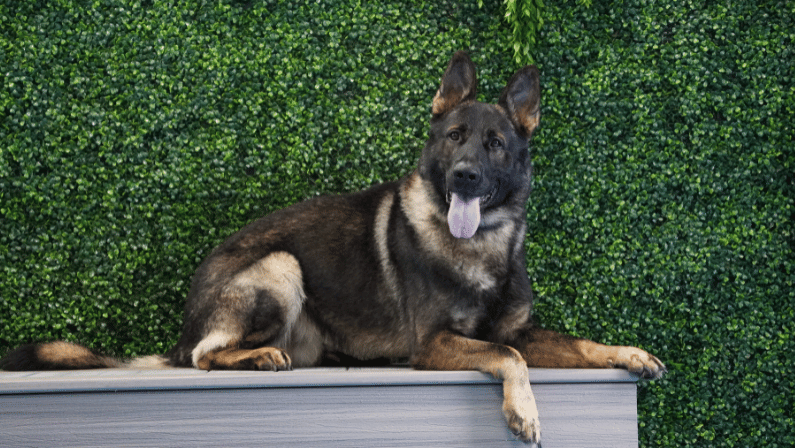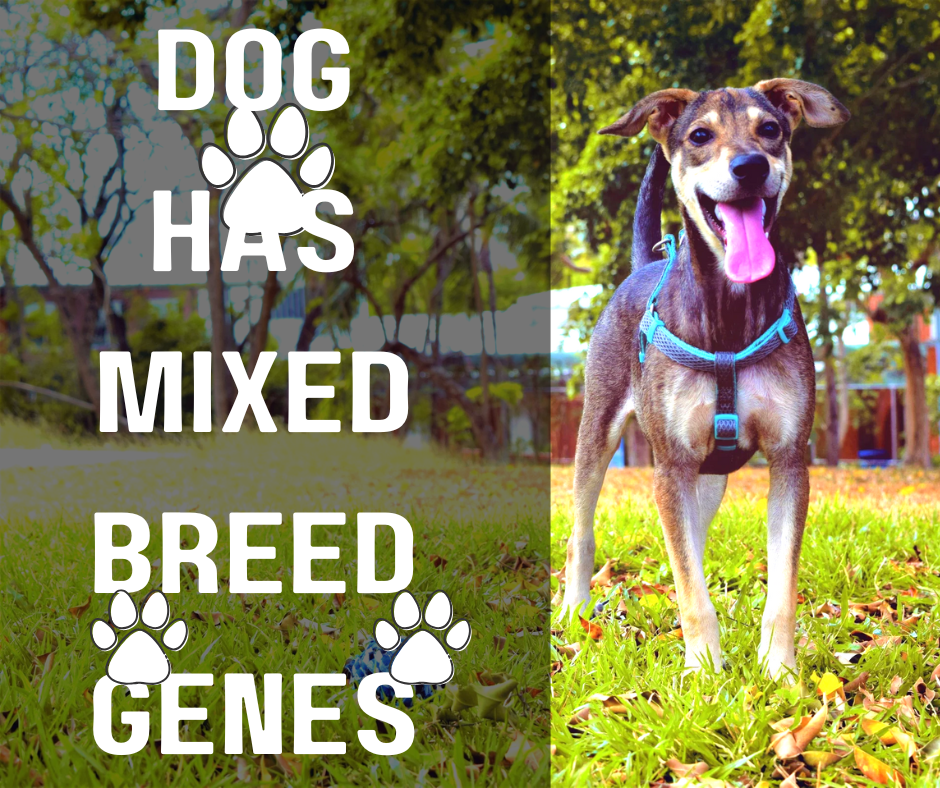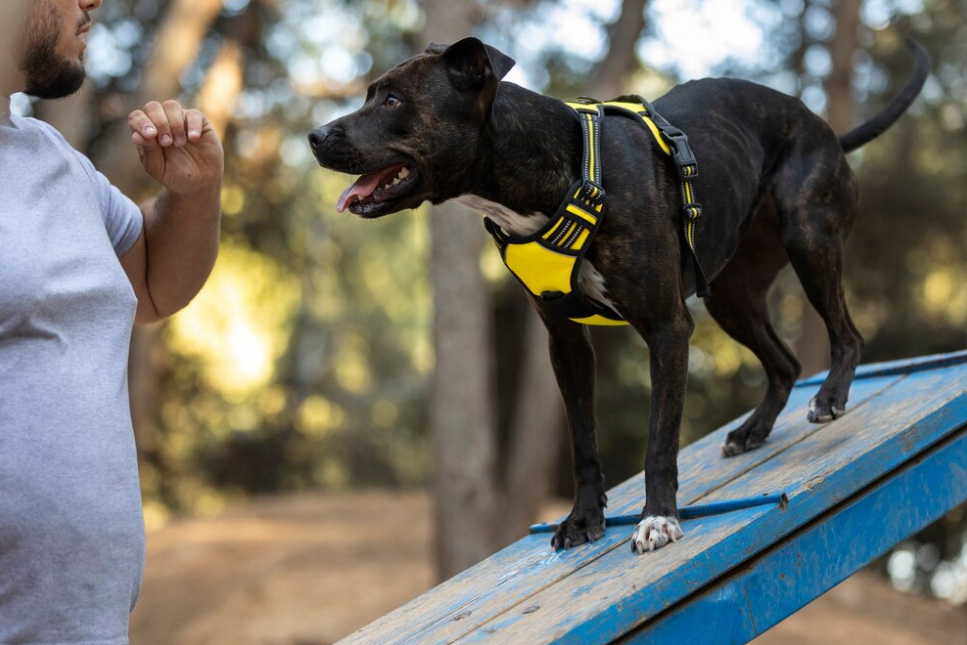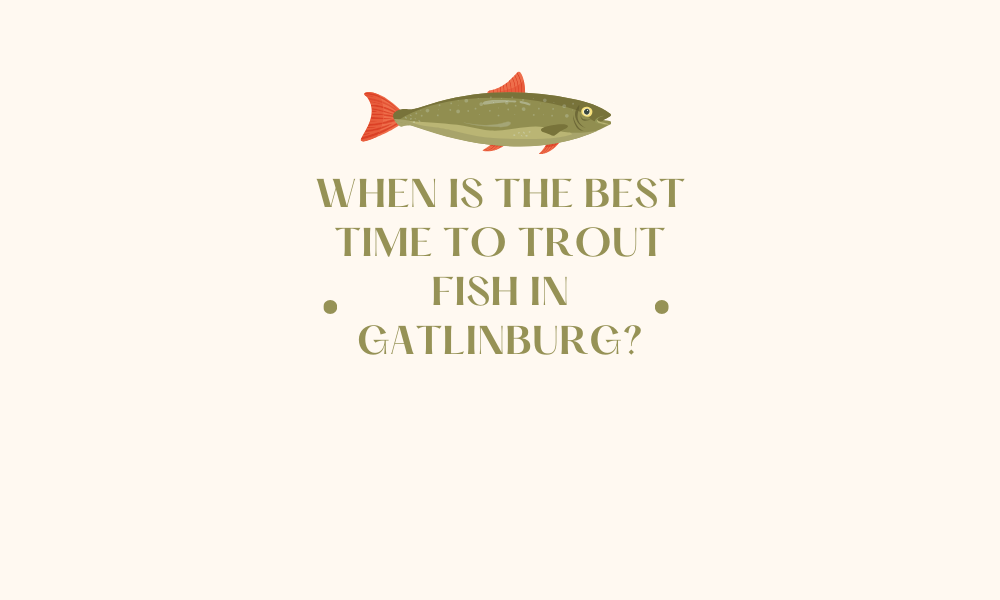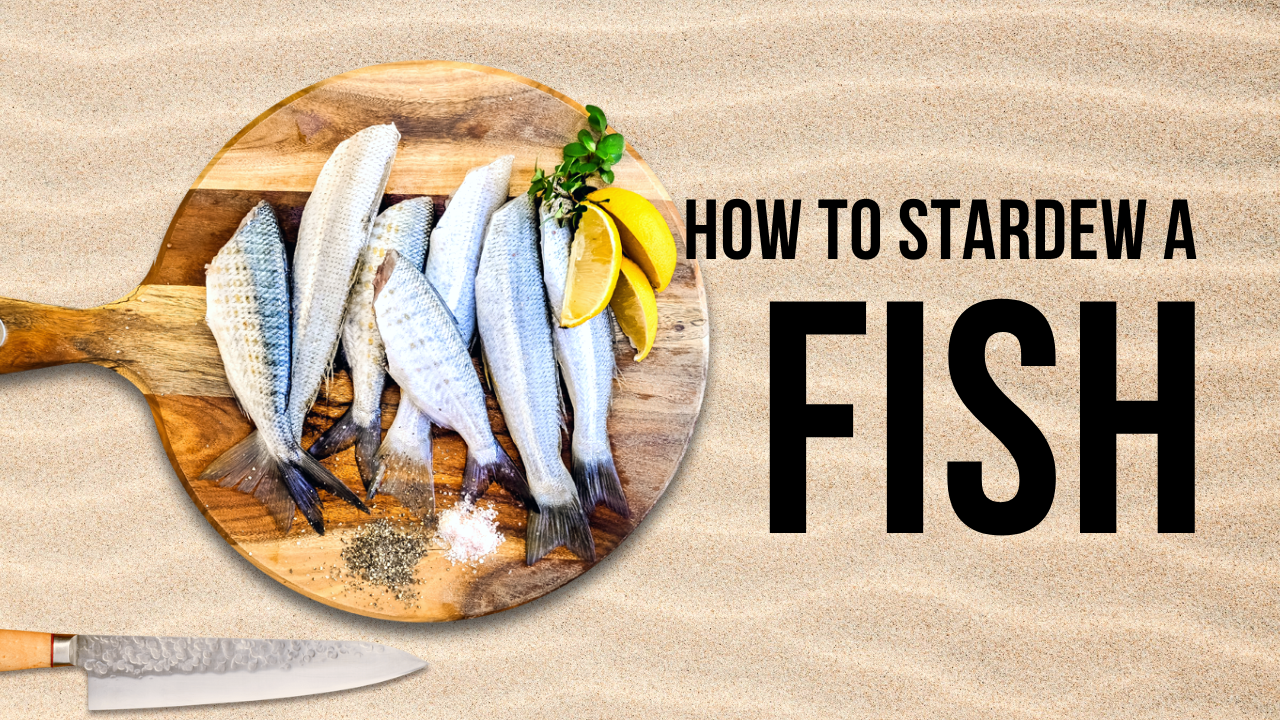When it comes to sharing food with your furry friend, you might wonder, can dogs eat bacon? Bacon, with its irresistible aroma and savory taste, is a favorite breakfast item for many. While it’s tempting to let your dog enjoy a bite, it’s crucial to understand the potential risks and benefits of feeding bacon to dogs. Although dogs can eat bacon in small quantities, it’s not the healthiest treat due to its high fat and salt content, which can cause various health issues. Let’s explore this topic in-depth to help you make an informed decision.
Why is Bacon Tempting for Dogs?
Dogs are naturally drawn to the smell and taste of meat, and bacon’s rich flavor can be incredibly enticing. Bacon is made from pork and often cured with salt, sugar, and preservatives, making it a highly processed meat product. While dogs are carnivores and enjoy meaty treats, not all meats are suitable for their health.
Is Bacon Safe for Dogs?
The short answer is: yes, dogs can eat bacon occasionally, but it’s not entirely safe for them to consume regularly. Here’s why:
- High Fat Content
Bacon is loaded with unhealthy fats, which can lead to obesity and pancreatitis in dogs if consumed frequently. Pancreatitis is a severe condition that causes inflammation of the pancreas and can be life-threatening if left untreated. - Excessive Sodium
Bacon contains a high amount of salt, which can cause salt poisoning in dogs. Symptoms include excessive thirst, vomiting, diarrhea, and even seizures in extreme cases. - Preservatives and Additives
Many bacon products include preservatives like nitrates and nitrites, which can harm a dog’s digestive system and overall health.
Potential Benefits of Bacon for Dogs
While bacon isn’t ideal for regular consumption, it does have some occasional benefits:
- High-Value Treat
A tiny piece of bacon can serve as a high-value reward during training sessions. Its strong flavor and aroma make it an effective motivator. - Source of Protein
Bacon contains protein, which is essential for muscle development in dogs. However, healthier protein alternatives, like chicken or fish, are better options.
Risks of Feeding Bacon to Dogs
Feeding bacon to dogs can lead to several health issues, including:
- Pancreatitis
The high-fat content can overwhelm a dog’s pancreas, causing inflammation. Symptoms of pancreatitis include abdominal pain, vomiting, and loss of appetite. - Obesity
Regular consumption of fatty foods like bacon can lead to weight gain and related health problems, including joint pain and heart disease. - Gastrointestinal Upset
Bacon’s rich fat and salt content can cause diarrhea or vomiting, especially in dogs with sensitive stomachs. - Salt Poisoning
Excessive sodium intake from bacon can disrupt a dog’s electrolyte balance, leading to dehydration and kidney issues.
How to Safely Feed Bacon to Dogs
If you decide to give your dog bacon, follow these guidelines to ensure their safety:
- Small Portions
Offer only a tiny piece of bacon as an occasional treat. Avoid making it a regular part of their diet. - Cook It Properly
Ensure the bacon is thoroughly cooked but not overly crispy, as burnt bacon can be harder to digest. - Avoid Seasonings
Do not give your dog bacon with added spices, garlic, or onions, as these can be toxic to dogs. - Monitor for Reactions
After feeding your dog bacon, watch for any signs of discomfort, such as vomiting, diarrhea, or lethargy.
Healthier Alternatives to Bacon
If you’re looking for safe and nutritious treats for your dog, consider these alternatives:
- Lean Meats
Cooked chicken, turkey, or beef are excellent protein-rich options that are much healthier than bacon. - Vegetables
Carrots, green beans, and sweet potatoes are low-calorie treats that provide essential nutrients. - Commercial Dog Treats
Many high-quality dog treats are specifically formulated to meet your dog’s nutritional needs without the risks associated with human foods.
When Should You Avoid Bacon Altogether?
There are specific situations where you should avoid feeding bacon to your dog entirely:
- Health Conditions
Dogs with obesity, pancreatitis, or heart issues should never eat bacon. - Puppies
Puppies have delicate digestive systems and may not handle bacon well. - Senior Dogs
Older dogs with slower metabolisms and pre-existing health conditions are more susceptible to the adverse effects of bacon.
What to Do if Your Dog Eats Too Much Bacon
If your dog accidentally consumes a large amount of bacon, monitor them closely for symptoms like vomiting, diarrhea, or lethargy. Contact your veterinarian immediately if any of these symptoms occur, as they may indicate salt poisoning or pancreatitis.
Can Dogs Eat Bacon-Flavored Products?
Bacon-flavored treats or foods might seem like a safer option, but they can still contain artificial flavors, preservatives, and unhealthy additives. Always check the ingredient list and choose products specifically designed for dogs.
Final Verdict: Can Dogs Eat Bacon?
So, can dogs eat bacon? The answer is yes, but only in very small amounts and on rare occasions. Bacon should never be a regular part of your dog’s diet due to its high fat, salt, and preservative content. Instead, opt for healthier, dog-friendly alternatives to keep your furry friend happy and healthy.
Remember, as a pet parent, it’s your responsibility to make informed decisions about what you feed your dog. While sharing bacon might feel like a loving gesture, prioritizing your dog’s long-term health is always the better choice.






